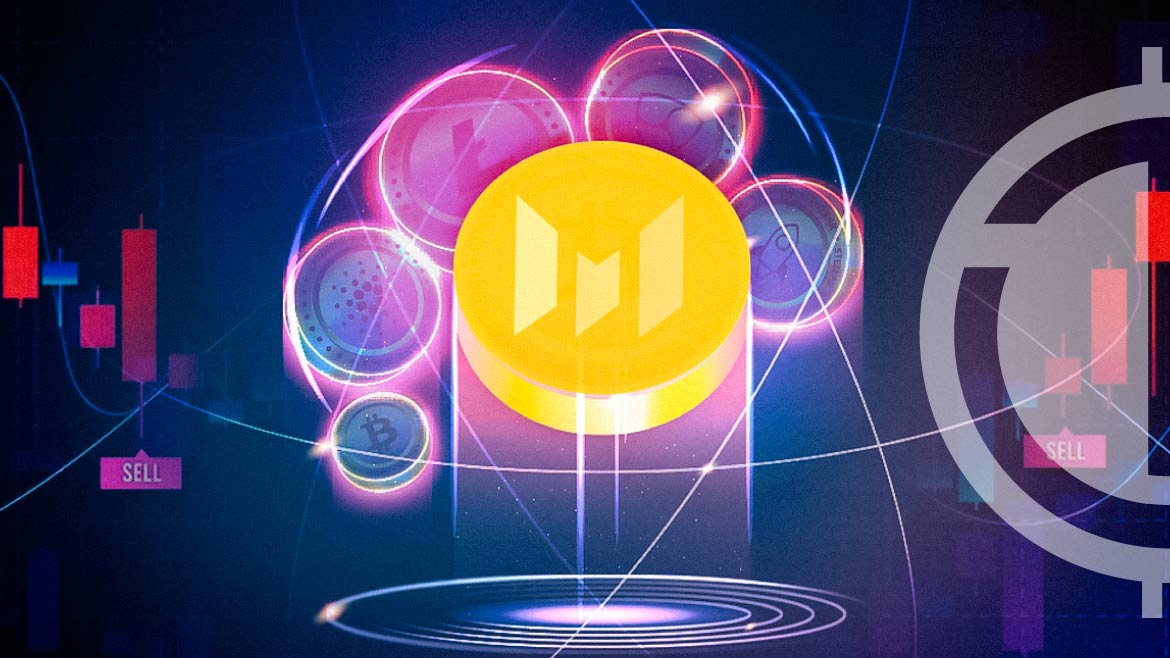
Crypto intelligence firm Messari recently highlighted the need for a stronger server infrastructure in order to increase mainstream adoption of crypto. As per the firm’s statement, a strong server ecosystem would provide the necessary processing power needed by validators for newer blockchains, including Cardano and Aptos.
Messari took to Twitter earlier today to share its infrastructure sector brief for the crypto space:
1/ The crypto space's evolution has necessitated stronger server infrastructure to meet the increasing performance requirements of blockchains and their applications.@Old_Samster dives into why advanced physical infrastructure is crucial.👇🧵 pic.twitter.com/q7gh0rRtLE
— Messari (@MessariCrypto) June 26, 2023
According to data gathered by Messari researcher Sami Kassab, the evolution of the crypto market made strong server infrastructure a prerequisite in order to meet the increasing performance requirements of the more recent blockchains. These blockchains necessitated advanced physical infrastructure.
The processing power needed by chains like Avalanche, Solana, and NEAR significantly exceeded that of older blockchains like Ethereum. This prompted a major shift in validators of these networks where individual validators contributing from personal systems at home became a thing of the past.
As of May 26, 2023, the majority of the validators for Avalanche, Cardano, NEAR, Solana, and Aptos were hosted in data centers. Data centers addressed the increased demand for processing power, low latency, and high uptime. These centralized server solutions included Amazon Web Services (AWS), Google Cloud, Hetzer, and OVH Cloud among several others.
AWS was arguably the most popular choice among Avalanche and Aptos validators, accounting for 41.1% and 40.8% of the processing power respectively. Self-hosting was the most popular choice among Cardano’s 2589 validators, with more than 17% choosing this method.
Decentralized storage networks (DNS) and computer networks also failed to keep up with the demands of the newer blockchains. Messaris stated in its brief that zero-knowledge proofs (ZKPs) were the future standard for computational integrity. However, ZKPs require specialized data centers for providing services, given their resource-intensive nature.
Messari concluded that enterprise-level data centers would become more crucial as mainstream adoption of crypto furthers. Developers would expect complex applications in the future, requiring physical server infrastructure to grow.














